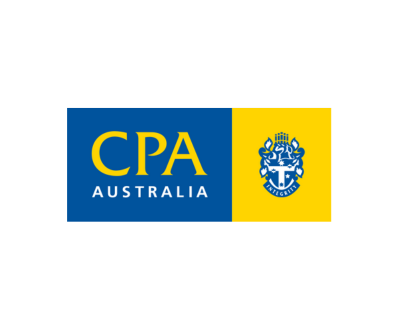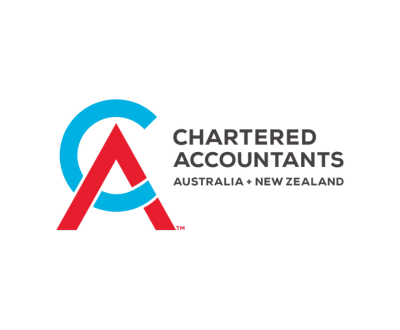Through this introductory unit, students are given a dynamic entry into the world of business leadership, where every day presents new challenges and opportunities. Explore a blend of contemporary management theories with real-world applications, including the integration of sustainable development practices. Students will also consider the role of ethics and social responsibility from a Christian perspective, and how these principles are applied in organisational settings.
Understanding the foundations of marketing is crucial for anyone looking to effectively promote ideas, products, or services. This course offers insight into how organisations identify and understand their markets and tailor creative marketing campaigns successfully. Students will explore the marketing mix's components, develop strategies from legal, ethical, and Christian perspectives, and learn to apply these concepts in various contexts.
Learn how to communicate within today's fast paced society. Students will explore a range of strategies to overcome obstacles withhin the business landscape and to have ethical business communication practices.
Navigating numbers is a crucial skill in business and translates directly into effective management and decision-making. This subject lays the groundwork for success with financial mathematics, tailoring its content to benefit individuals across all skill levels. Ideal as a precursor to more advanced studies in statistics, accounting, and finance, it offers a deep dive into the quantitative skills needed to solve real-world business problems.
Catch a glmipse of the dynamic and multifaceted world of businesses, while gaining practical experience through a hands-on placement. Guided by experienced mentors (excluding family or close friends), students complete a 100-hour placement over a semester, enhancing their learning journey.
Driving projects towards success is key in any professional setting. This unit equips students with the skills to plan, execute, and oversee projects effectively. You will learn about various project stages, from setting goals and managing budgets to evaluating team performance, helping you to deliver successful outcomes and enhance your career prospects.
Understanding the foundations of marketing is crucial for anyone looking to effectively promote ideas, products, or services. This course offers insight into how organisations identify and understand their markets and tailor creative marketing campaigns successfully. Students will explore the marketing mix's components, develop strategies from legal, ethical, and Christian perspectives, and learn to apply these concepts in various contexts.
Centred on consumer value, this unit explores marketing's evolution and its current dynamics. Students will learn to analyse consumer needs, craft strategic marketing plans, and utilise the marketing mix effectively. Ethical considerations are considered throughout these aspects, preparing students to create impactful, responsible marketing strategies in a competitive landscape.
Managing sales effectively is essential for anyone looking to thrive in business by effectively making and retaining customers. This unit equips students with both theoretical knowledge and practical skills in sales, including working with CRM systems and developing robust communication and negotiation techniques. Students will learn to craft comprehensive sales strategies, perform detailed market analyses, and create value for customers.
Understanding consumer behaviour is pivotal for crafting effective marketing strategies. This subject delves into the psychological, social, and cultural factors that influence buying decisions, equipping students with the ability to analyse and make predictions on consumer actions. Through exploring key theories and frameworks, students will learn to apply this knowledge to real-world marketing decisions.
Non-Profit Organisations have unique challenges to navigate in creating social and spiritual value. This unit explores multi-stakeholder marketing, teaching how to build movements, transform supporters into advocates, engage sponsors, and secure grants. By developing a strategic marketing plan tailored to NFPs, students will learn to balance ethical values with effective marketing strategies.
Exploring how organisations connect with their audiences, this subject delves into the complexities of marketing communication strategies, providing insights into mass communication, media planning, and the digital revolution, including social media. Students will learn to critically analyse various communication theories, design impactful messages, and create an effective media mix tailored to specific target audiences.
Through this introductory unit, students are given a dynamic entry into the world of business leadership, where every day presents new challenges and opportunities. Explore a blend of contemporary management theories with real-world applications, including the integration of sustainable development practices. Students will also consider the role of ethics and social responsibility from a Christian perspective, and how these principles are applied in organisational settings.
Driving projects towards success is key in any professional setting. This unit equips students with the skills to plan, execute, and oversee projects effectively. You will learn about various project stages, from setting goals and managing budgets to evaluating team performance, helping you to deliver successful outcomes and enhance your career prospects.
This foundational subject equips students with the essential management skills needed to design roles, recruit effectively, train teams, and develop fair compensation structures. By integrating these skills, students will be prepared to enhance job satisfaction and productivity within organisations, considering ethical and responsible management practices from a Christian perspective.
Mastering organisational behaviour is essential for thriving in the complex environment of the modern workplace. This unit focuses on the behaviour of individuals and groups within organisations, tracing from historical roots to modern-day practices in management, leading effectively, and fostering collaborative teams. Combining academic theories with real-world applications, it equips students with the tools to understand and influence organisational dynamics.










